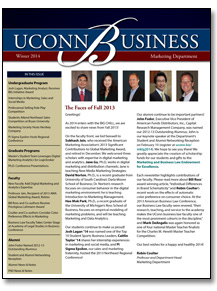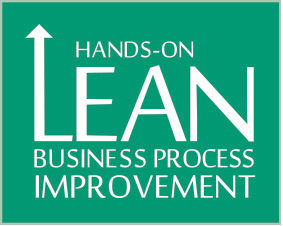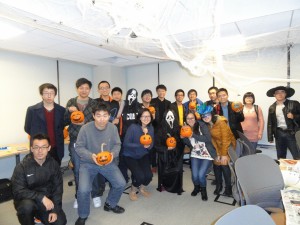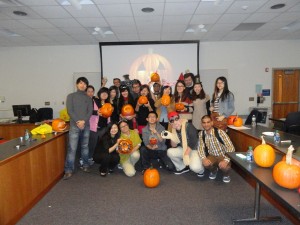 Storrs, CT – “The rules for work are changing. We’re being judged by a new yard stick – not just by how smart we are but by how we handle ourselves and each other,” said Jen Shirkani, the CEO and president of Penumbra, a talent management consulting practice. Shirkani drew from her 20 years of personal and professional experience as she presented “Emotional Intelligence: Skills for Success” to UConn students and faculty on January 29th.
Storrs, CT – “The rules for work are changing. We’re being judged by a new yard stick – not just by how smart we are but by how we handle ourselves and each other,” said Jen Shirkani, the CEO and president of Penumbra, a talent management consulting practice. Shirkani drew from her 20 years of personal and professional experience as she presented “Emotional Intelligence: Skills for Success” to UConn students and faculty on January 29th.
This presentation, brought to UConn by Target and the School of Business Career Center, educated an audience of undergraduate students and UConn faculty members on emotional intelligence, or EQ, and how it contributes to success in the workplace.
Emotional Intelligence is the ability to control impulses, read situations and people appropriately, influence others and manage stress. According to Shirkani, emotional intelligence is just as, if not more important than having the proper technical skills in most jobs. “The number one reason new employees fail is lack of coachability… the last reason was due to technical skills” Jen explained. Along with this information the audience received insight on practical techniques on how to improve your EQ and apply it to work situations. The key points taken from her engaging and practical lecture included:
- Your comfort zone is the enemy of EQ; you need to take risks to better yourself.
- EQ is a collection of skills that can be learned through increased awareness, practice and coaching; your EQ level is not static.
- There is a correlation between high EQ and success in life; book smarts alone will not take you to high places.
For more information on emotional intelligence or Jen Shirkani you can go to: http://jenshirkani.com/ or read Shirkani’s book “EGO vs EQ.”
Pictured (from left): Allison (Allie) Lavista ’12, ’13 CLAS, Target Executive Team Leader; Lorraine Liswell, School of Business Career Center; Jen Shirkani; and student Lauren Harrigan, Target Campus Liaison.











